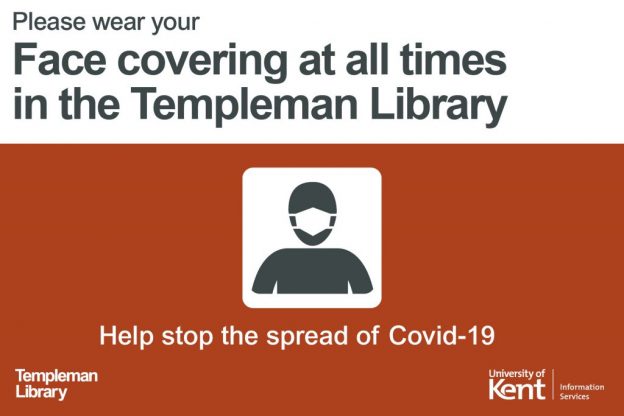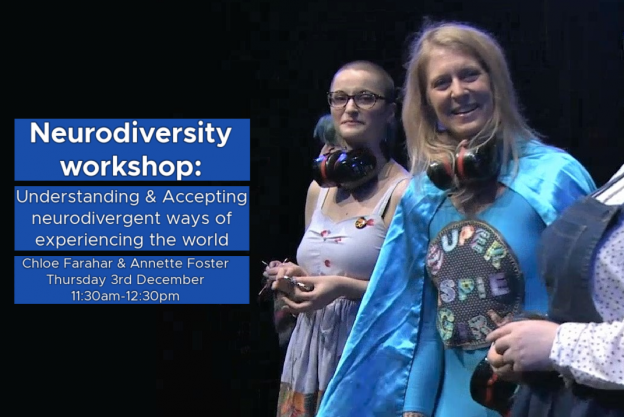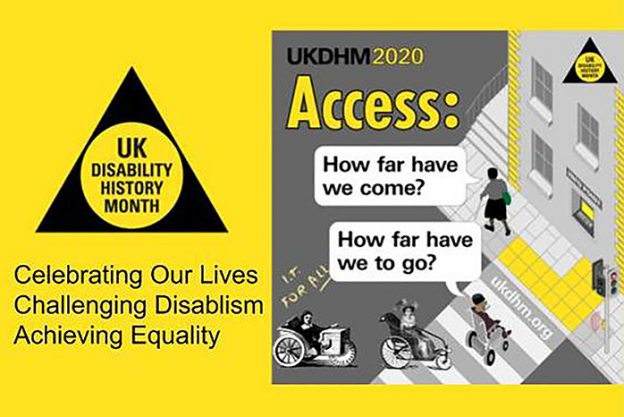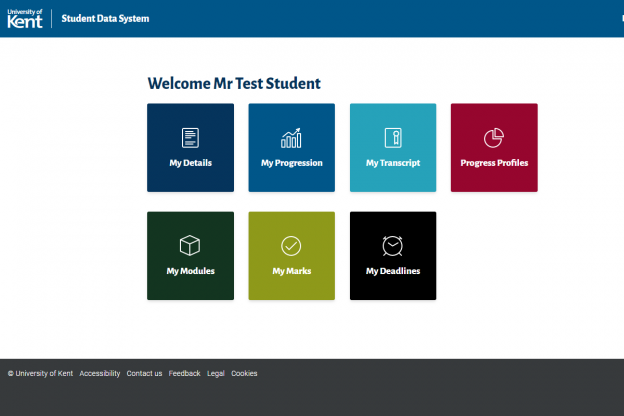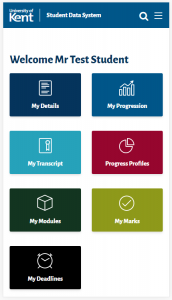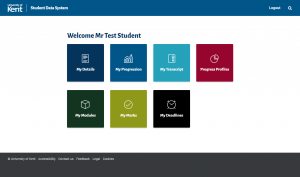As we come towards the end of a very different autumn term, everyone is in need of a well-deserved rest! If however, during the vacation period, you are looking to apply for industrial placements or gain some work experience, below we have a few ways in which you can do this and how to prepare for the application process!
Industrial Placements
If you are looking to complete a year in industry, as part of your degree, placement providers are currently advertising! Below are a few starting points when searching for placements:
- Where to find placements? careers.kent.ac.uk, Prospects, TARGETjobs, Milkround, RateMyPlacement all advertise placements!
- Visit our placements page, for advice and resources
- Attend our skills workshops to prepare for the assessments (virtual assessment centres, application forms, interview workshops coming up!)
- Search placements on our jobs portal for placement opportunities
Summer Internships
If you are in your second year, you might be applying for summer internships. Although opportunities have been affected due to Covid-19, there are still internships advertised for next summer, particularly with large graduate employers.
- Where to find summer internships? careers.kent.ac.uk, Prospects, e4s.co.uk, Gradcracker (STEM), RateMyPlacement and Bright Network all advertise summer internships!
- Which industries are offering internships? Finance, Law, Tech, Consulting, Retail and more!
- Attend our skills workshops to prepare for the assessments (CVs, application forms and interview skills workshops are running until the 18 December!).
Book online via Target Connect - Book a Quick Advice appointment to have your CV/application checked
Preparing for the application process
If you are in the midst of going through the recruit process, you could be asked to undertake various assessments. These can range from psychometric tests, video interviews and assessment centres. To help you prepare and feel confident when completing these, we offer many opportunities to practice!
- Practice psychometric tests and video interviews via Graduates First. Practice numerical, verbal, situational judgement, game-based and assessment exercises are free to use! Login on the Graduates First website
- Have your CV / Application reviewed by an Adviser. We have online appointments available during term time and the vacation period. Book a Quick Advice appointment
- Attend a virtual skills workshop to help you prepare for interviews, CVs and selection tests. Workshops are running until the 18 December!
- Book a practice interview with an Adviser, to help you with your interview technique, and receive feedback for self-development. Book a Practice Interview



